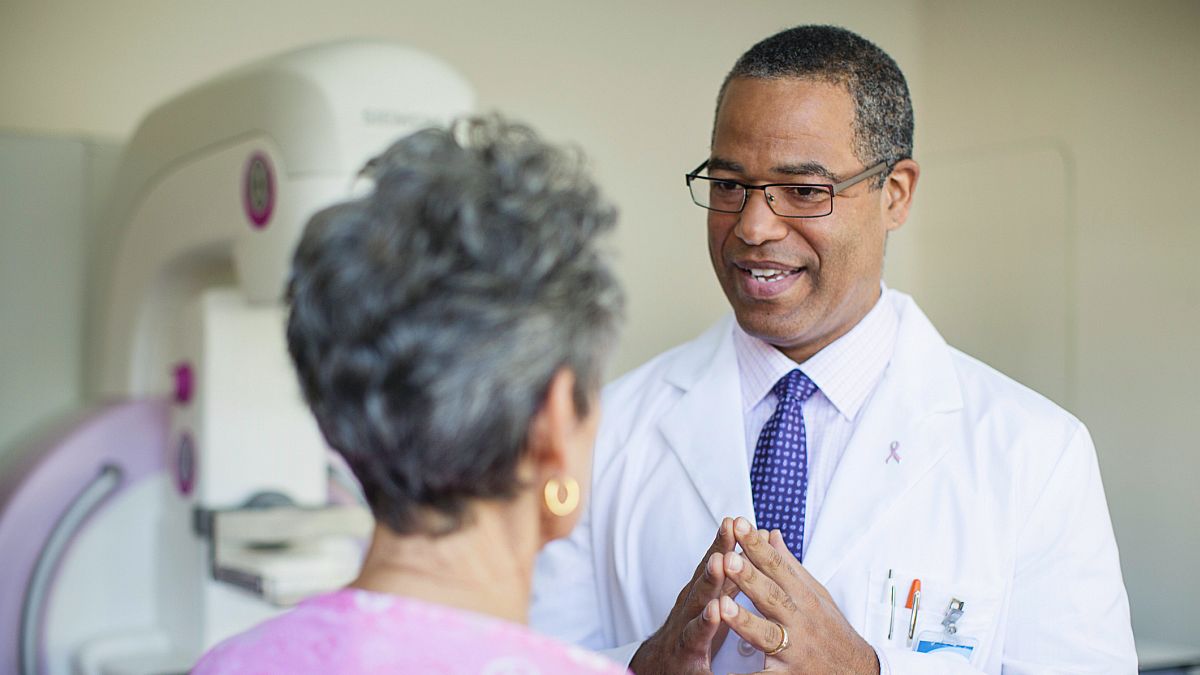Transitions in care can be difficult for high-risk patients, especially those with cancer who withdraw or are withdrawn from a clinical trial. Transitional care services are therefore essential for high-quality outcomes among these patients, many of whom may be feeling well but are frightened of disease recurrence and uncertain about the future. Transitional care must be implemented to ensure continuity of care and help patients achieve their priorities; however, it is not always given enough attention by researchers. To increase understanding of patients’ experiences during and after trial exit, Dr CM Ulrich, et al, conducted a qualitative survey among patient participants who have withdrawn from clinical trials.
Participants were from a northeast, urban, National Cancer Institute-designated comprehensive cancer center. Of those who consented to the parent study (N = 498), 20 were willing to be interviewed. Most of the patients interviewed were withdrawn from clinical trials because of disease progression; other reasons were adverse effects, acute illness, and 1 unknown. Despite their circumstances, 75% of the participants strongly felt that they wanted to enroll in another trial, viewing clinical trials as the source of breakthrough treatments. Care goals were shaped by consistent values such as having more time to pursue life goals, the benefits of any treatment vs no treatment, and continuing to care for their family or children. Patients reported intense emotions throughout their journey, often relying on support from a social network to help them with coping and with decision-making. Symptoms such as fatigue, pain, dyspnea, neuropathy, and others were reported to have a negative impact on patients’ daily lives, and adverse effects were cited by about one-fourth of patients as their reason for withdrawing from the trial.
Following the interviews, the authors concluded that trial exit should be managed as carefully as trial entry, especially in cancer clinical trials, where patients may face life-limiting illness. Many of the patients expressed respect for their oncologist and staff, and blamed rigid protocols and rules for the withdrawal decision. Some felt these disregarded the physician’s clinical judgment and took away from the individualized care they deserved. When patients withdraw or are withdrawn, physicians should work closely with them to provide a clear path forward to help scared and disappointed participants navigate the next steps along their journey. Patient needs vary, with some requiring advanced care planning or end-of-life discussions, while others will want to discuss alternative interventions or entry into another trial. Overall, improved communication is imperative to help patients transition out of a trial.
High level
Given the risks of trial participation among patients, researchers and healthcare providers have a responsibility to address patients’ post-trial needs and manage transitions responsibly. Coordinated transitional care management should be planned for and implemented to support a patients’ ongoing health journey. When establishing protocols, clinical and research team members should consider how they will manage trial withdrawals, including the types and timing of discussions between researchers and trial participants and their caregivers. Cancer institutions should deliver palliative care concurrently with disease-directed therapies since palliative care consultation has been shown to improve quality of life and emotional states in patients with advanced cancer. In fact, it has been suggested that palliative care specialists be considered part of the care team at trial enrollment, especially for early-phase trials.
Ground level
It is important to acknowledge the risks and contributions of patients participating in clinical trials. More than one-third of the patients in the study expressed a desire to be treated as more than just their disease. Healthcare providers who make their patients feel valued as a person can build a better therapeutic relationship and support the decision-making process. One way to achieve this is to facilitate effective care transitions by providing clear direction as to the care plan and next steps, taking care to incorporate the patient’s goals and preferences. Community oncologists who have an established relationship with their patients may be in an ideal position to put those patients and their caregivers more at ease.

